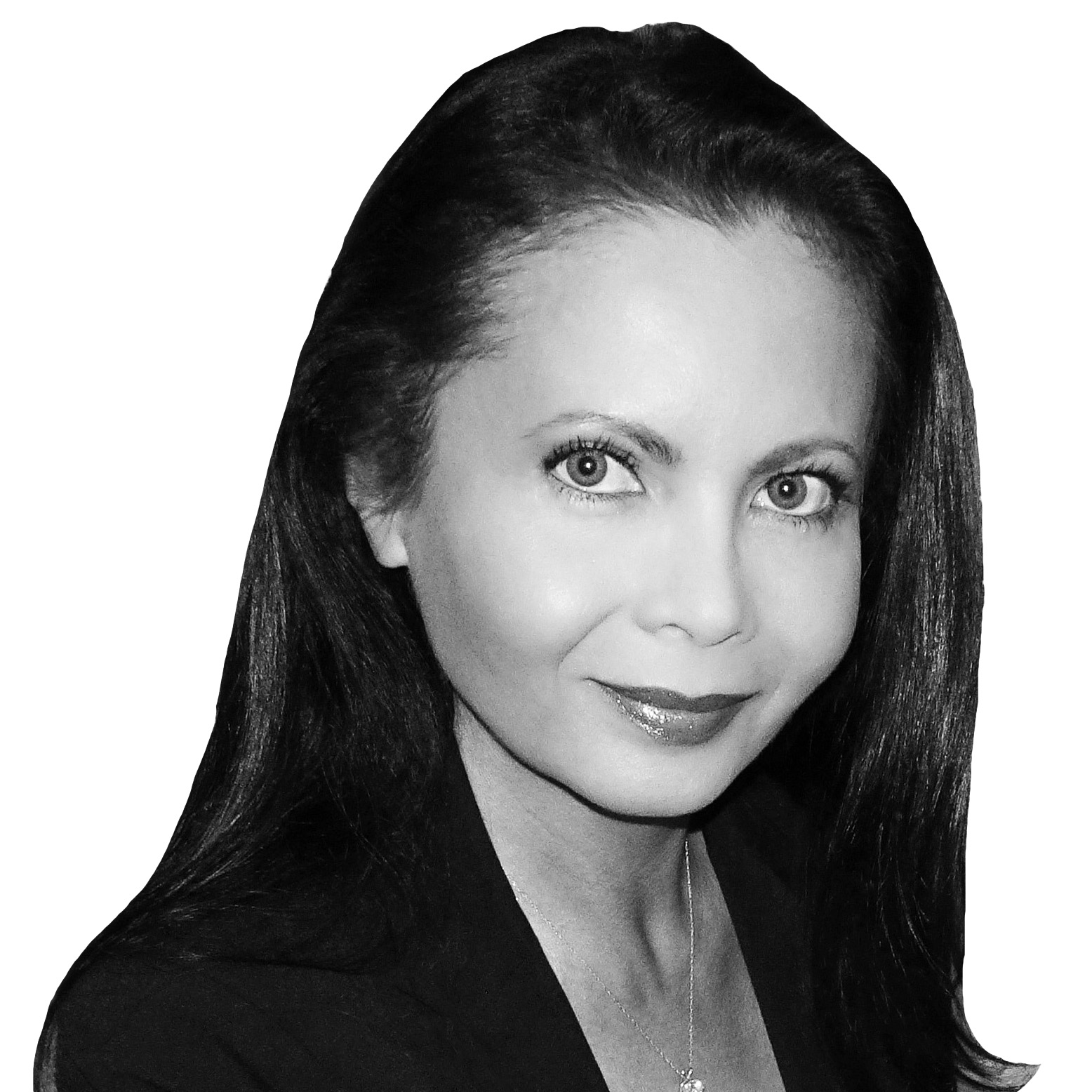Out of all the Western sanctions imposed on Russia for its war against Ukraine, none has bothered pro-Kremlin mouthpieces more than the dwindling opportunities for foreign travel. They loudly proclaim not to care, but even carefully scripted exchanges on state television and in print betray the Achilles’ heel of Vladimir Putin’s regime. Putin’s propagandists claim to hate the decadent West, but prefer to live, study, shop, retire and send their offspring there.
In an interview published this Friday, popular Russian film director Egor Konchalovsky told the pro-Kremlin tabloid Komsomolskaya Pravda just how much he is bothered by the growing divide: “I am disappointed. The West has deceived us. After the collapse of the USSR, it seemed to us that we were about to become part of Europe, a grandiose free world from Lisbon to Vladivostok, where we would use credit cards in expensive stores in Paris.”
Skillfully avoiding any type of an acknowledgement that Russia’s invasion of Ukraine caused the rift, Konchalovsky griped: “It seemed that a magnificent world was about to open up. But it opened for exactly a second, when it was convenient for Britain and the United States… Suddenly—poof! And we no longer hear: are you a good Russian or a bad Russian? No. Now all Russians are bad!” He added: “The West disappeared surprisingly quickly. Now we’re on our own. With a gaze turned inward. And, in my opinion, this is very good.”
The interviewer, journalist Vladimir Vorsobin, candidly asked: “So what’s so good about it? Most of my acquaintances still dream of teaching children in Europe. Any villager in Russia dreams of green lawns, a house and a pub. What will you replace this American dream with? A return to the Soviet Union?”
Konchalovsky had no good answers: “In today’s world, it would be very difficult, even ‘claustrophobic,’ to return to the USSR. Let’s not be upset that we can’t answer the question as to where we’re going just yet.” To sweeten the pot, the director said that Russia is not totally isolated and can look towards China or India instead of the West. He added: “I am convinced that a new community of countries will emerge, in which Russia will play the most influential role, if not the main one.”
Admitting that not everyone in his family supports Russia’s war against Ukraine, which is still called a “special military operation” by Putin’s regime, Konchalovsky claimed: “This is a clash of civilizations, in which Russia stands on the side of light, and the West embarked on the path of Satanism. And we are now fighting against values that are simply opposite of what we stand for, against absolute evil.” Konchalovsky failed to reconcile the claim that the West represents absolute evil with his grief about not being able to freely travel to or live in that supposedly dark place.
Similar contradictions permeate state TV shows, where host Vladimir Solovyov can’t stop bringing up his seized Italian villas and admits that he’s waiting “until better times” to renew his expired U.S. visa. Head of RT Margarita Simonyan repeatedly acknowledged that she stopped traveling to the United States only for fear of getting arrested for her failure to appear pursuant to official notices, pertaining to federal investigations of election interference.
The same talking heads are trying their best to convince ordinary Russians that they’re better off at home. During her Tuesday appearance on the state TV show The Evening With Vladimir Solovyov, Simonyan argued that the West has lost its appeal. Bringing up her family’s travels during Soviet years to visit relatives in Holland, Simonyan recounted their shock at discovering that the relatives’ dog kennel was larger than Simonyans’ entire shack in the Krasnodar region.
Omitting the fact that many in Russia’s provincial regions still live in poverty and without running water, Simonyan argued that Western luxury no longer inspired the same kind of longing or jealousy as it did in the 1990s. She berated New York for being filthy and stinky, criticized London for being unable to function during certain weather conditions, and described Moscow as “the best city in the Western world.” Simonyan exclaimed: “We’ve tasted all of it. We’ve seen it all. They haven’t even figured out that we were overwhelmed when we realized that it’s better here!” In deep contrast to Simonyan’s enthusiastic spiel, other panelists in the studio grimly stared down and remained expressionless.
Konchalovsky’s interview provided a revealing glimpse of what might have been going through the minds of the somber propagandists and their audience, whose lives and future opportunities have been forever changed because of Putin’s imperial ambitions.
The director bemoaned the loss of his “American dream”: “I’m talking about tragedy! We have lived for the American dream for many years. Well, who doesn’t want a home? A Jeep? A swimming pool? A university, a good job, to travel to the Maldives?” Vorsobin chimed in: “I’m pretty sure that everyone still wants that.”







